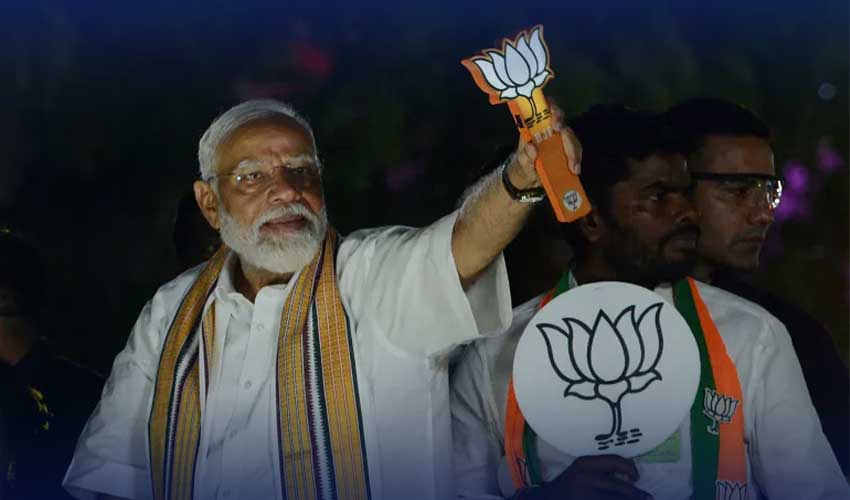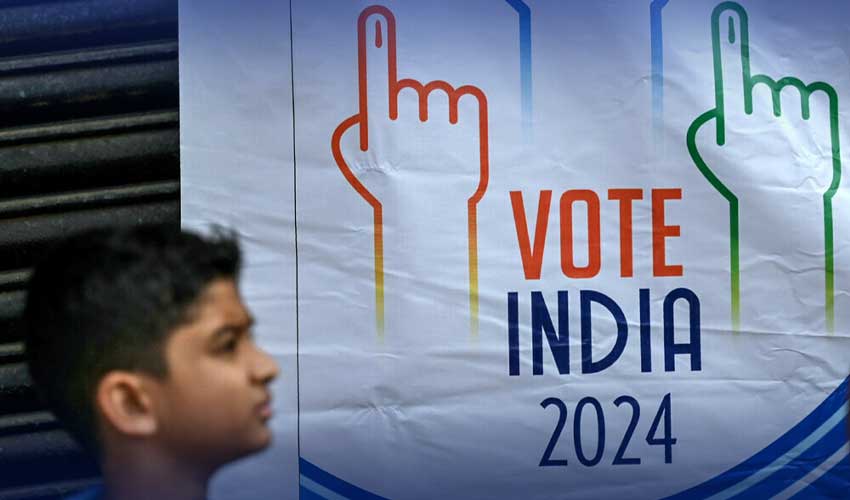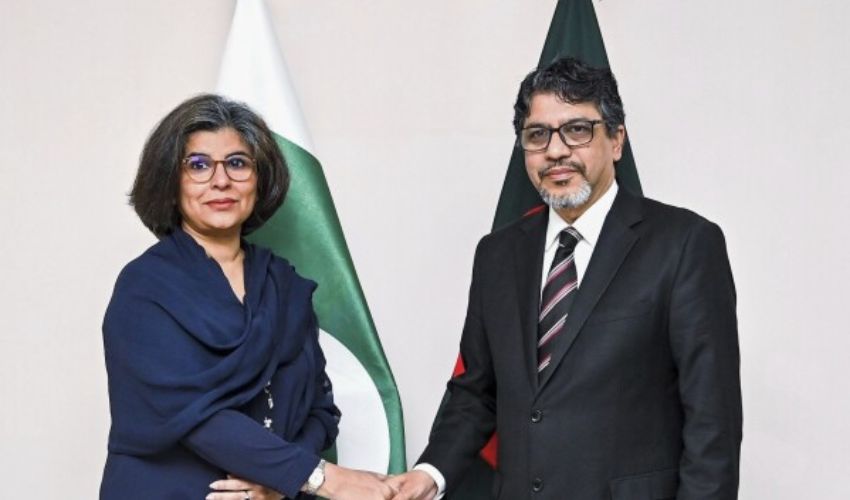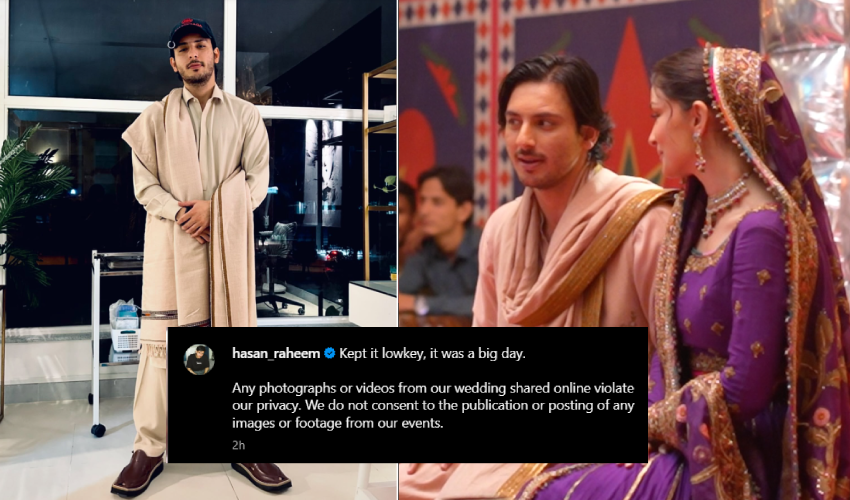In the largest election in world history, India's voting began on Friday. Prime Minister Narendra Modi is running for a record third term in office on the platform of growth, welfare, popularity, and Hindu nationalism according to Reuters.
In the election, a coalition of twenty opposition parties will face off against Prime Minister Narendra Modi's Bharatiya Janata Party (BJP), promising to enhance affirmative action, increase giveaways, and defend democratic institutions from his dictatorial rule.
Taking place during the peak of summer in the world's most populous country, the massive exercise involving over one billion voters will be divided into seven sections. June 1 is the deadline, and on June 4 votes will be counted.
In the largest of the seven phases, which takes place on Friday, 166 million voters in 102 seats spread over 21 states and territories, including the most populous Uttar Pradesh in the north, Arunachal Pradesh on the Himalayan border with China, and Tamil Nadu in the south, will cast votes.
Before voting places opened at 7:00 a.m. (0130 GMT), voters started to line up outside under heavy security, including elderly people who required assistance getting to the booths.
Abdul Sattar, 32, a Muslim voter in Kairana, Uttar Pradesh, said, "Modi will come back to power because aside from the religious push, his other work, including on safety and security, is good." Kairana is located approximately 100 kilometres (60 miles) from Delhi.
Father of eight Mohammed Shabbir, a sixty-year-old driver, claimed that since none of his kids work a regular job, unemployment is his biggest problem.
According to him, Hindu nationalism is not an issue in this election, "because even the Hindus are affected by a lack of jobs."
As the world's fastest-growing major economy, surveys indicate that the Bharatiya Janata Party (BJP) will easily gain a majority, despite voters' serious concerns about unemployment, inflation, and rural suffering. The question now is not if BJP will repeat its 2019 success, but rather how much it can.

In the electoral manifesto of the BJP, Modi wrote that "In the next five years, we will take our nation into the top three economies of the world, launch a final and decisive assault against poverty, open up newer avenues of growth ... unveil the next generation of reforms, and take several pro-people decisions and actions."
The BJP's "Modi Ki Guarantee" manifesto and campaign theme highlight the unusual leader-centric, presidential-style appeal in a parliamentary system by pledging to keep commitments made to voters.
Just before polls began, Modi wrote on X, "I urge all those voting... to exercise their franchise in record numbers".
He said "I particularly call upon the young and first-time voters to vote in large numbers. After all, every vote counts and every voice matters."
Opposition weak, fragmented:
If he wins, Modi will become just the second Indian prime minister, after Jawaharlal Nehru, to be elected three times in a row.
According to Modi, his first two periods functioned as appetizers, with the main course being served in the third. Towns and cities are covered in BJP billboards that showcase a variety of his two terms' accomplishments, such as India's historic landing on the moon's South Pole and his battle against corruption to win over supporters.
One important subject is Hindu nationalism. Critics accuse the BJP and Modi administrations of discriminating against or singling out India's 200 million minority Muslims to appease its extreme Hindu supporters; both charges are rejected. Hindus and Muslims continue to engage in sporadic acts of violence.
The election, according to the opposition INDIA coalition, is an ideological struggle to prevent the BJP from overthrowing the democratic and constitutional order.
The head of the main opposition Congress party, Rahul Gandhi, claimed that the BJP always tries to deflect attention away from important problems like inflation and unemployment.

Gandhi referred to Modi's well-publicized appearances in recent months when he added, "Sometimes the PM goes underwater in the ocean and sometimes he is on a seaplane but does not talk about issues."
The coalition claims the government is denying it a fair chance at winning the election by detaining opposition leaders in corruption cases and making excessive tax demands before the poll, which the government denies. The alliance has battled to maintain unity and field common candidates against the BJP.
The BJP has a clear advantage, but it also confronts genuine challenges, according to Chandrachur Singh, a political science professor at Delhi's Hindu College.
"It's not an election where there are no issues," he said. "There are issues which could have led to anti-incumbency. But that is something which is not being channelised or harnessed by a fragmented, divided, weak opposition."
"That is what is causing some kind of disillusionment among voters and allowing BJP to surge ahead."



























